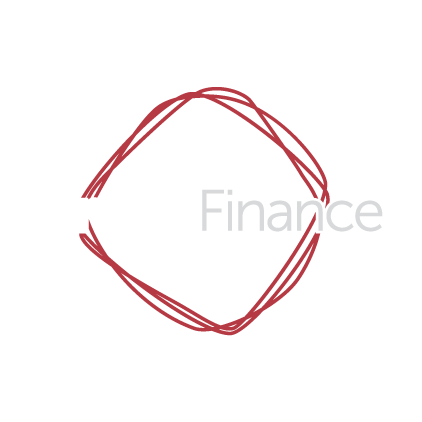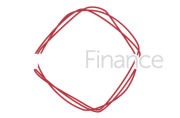The past few years have offered historically low-interest rates, and as a result, many Australians have been able to secure an ultra-low fixed-rate home loan.
Are you one of the lucky ones still on an ultra-low fix rate home loan?
Whether the rate you have is due to fish soon or 12 months from now, planning ahead now will ensure you are ready.
Three things you can do now to start preparing when your low-interest rate fixed mortgage ends
Review your spending habit
Track your spending for a month to see where your money goes. You may be surprised to find that you are spending more money than you thought on things that are not necessary.
We all enjoy the luxuries and entertainment of streaming services: Netflix, Spotify, Audible, Disney, Binge, etc. But, they can all start to add up. How many do you think you could cut out? Perhaps even consider joining with family and sharing access.
What about taking away coffee? Even if you and your partner have one (or two) per week at $6.50 each, that’s an extra $55+ per month. Consider the cost of investing in your own coffee machine at home compared to buying it.
Make your money go further with offset accounts
The RBA has indicated that more steps will be taken in the upcoming months to normalise monetary conditions, and building up a buffer can help you keep the interest you pay down and have funds easily accessible if needed. Using offset accounts attached to your mortgage loan account, no matter how big or small, can help you accomplish this goal.
Shop around for better deals
It’s always a good idea to review your major expenses to see if there is a better deal on offer. This includes your insurances, energy, phone and internet services. By taking the time to do a little research, you could potentially save yourself a lot of money each month.
What can happen when your ultra-low fixed rate ends?
A looming fixed-rate cut off date can be daunting, particularly in the face of recent interest rate hikes. But you do have a few different options available to you.
The first option is to revert to your lender’s standard variable rate. This may not be ideal, given that rates are on the rise, but it will give you some flexibility in terms of repayment amounts and dates.
The second option is to refix your loan at a higher rate. This will protect you from further interest rate rises, but may mean that your repayments are higher than they otherwise would be.
The third option is to refinance your loan with another lender. This could give you a lower interest rate, but make sure you compare
Reverting
When your fixed rate period comes to an end, typically, your loan will revert to the standard variable interest rate. And this can be a substantial increase for many homeowners if they don’t start planning. In fact, RBA deputy governor Michele Bullock has warned that half of the fixed-rate loans may face an increase in repayments of at least 40% when they roll straight onto a variable mortgage rate around mid-2023.
So before your fixed rate period ends, it’s important to get in touch with our team to explore your options. This may include refixing your loan at a new fixed rate, or refinancing your loan to a new lender.
Refixing
The terms and conditions of your mortgage may permit you to refix your loan with your existing lender. However, it is doubtful that you will be able to secure a fixed rate similar to your current rate, as official cash rates have increased significantly in the past few months. Nevertheless, there is always the potential for negotiation.
The usual maximum timeframe for fixing a loan is five years, but shorter periods can also be locked in. Thus, you should consider the current financial climate and desired term length before deciding whether to fix your loan.
Additionally, other lenders might be willing to offer more competitive rates than your current lender, which would entail refinancing.
Refinancing
If your lender is unwilling to negotiate, refinancing your loan with another institution could get you a better deal.
Rising interest rates have resulted in record numbers of refinancers. In fact, ABS data shows that more owner-occupiers refinanced in June than at any other point.
This means that the home loan market is highly competitive at the moment and lenders are eager for borrowers who have a good amount of equity and are up-to-date on repayments.
If you’re up to date or ahead on repayments, it’s definitely worth looking into your options, which we’d be happy to help you do.
If you are on a low interest rate loan, be sure to get in touch with us well before it ends so there is plenty of time to look at different options fo you. We understand that everyone’s situation is different and we’ve seen it all. No matter what your financial position or amount of loans, credit cards or debts you have, we are here to help you with finding a solution. Give us a call, ask for a quote or apply online today. With Access To Over 40 Lenders, The Team At Broad Finance Can Save You Time And Money With Your Research.
Disclaimer: The content of this article is general and is presented for informative purposes. It is not intended to constitute tax or financial advice, whether general or personal, nor to imply any recommendation or opinion about a financial product. It does not consider your personal situation and may not be relevant to circumstances. Before taking action, consider your circumstances and seek professional advice. This content is protected by copyright laws and various other intellectual property laws. It is not to be modified, reproduced or republished without prior written consent.







































